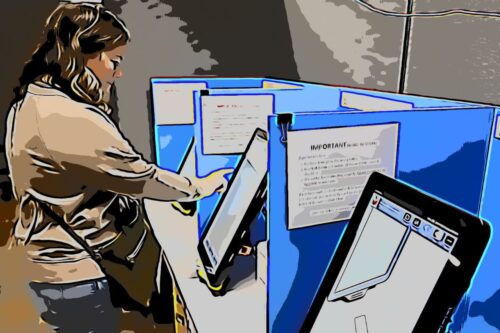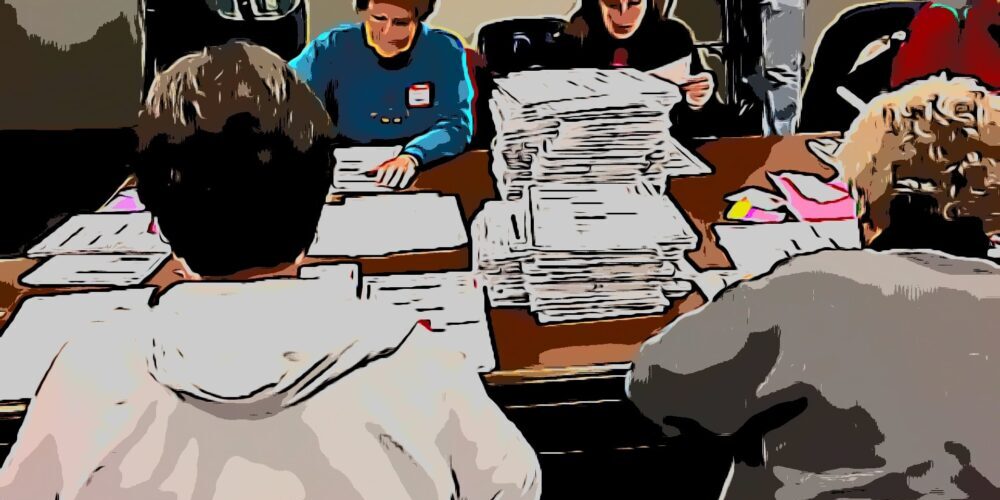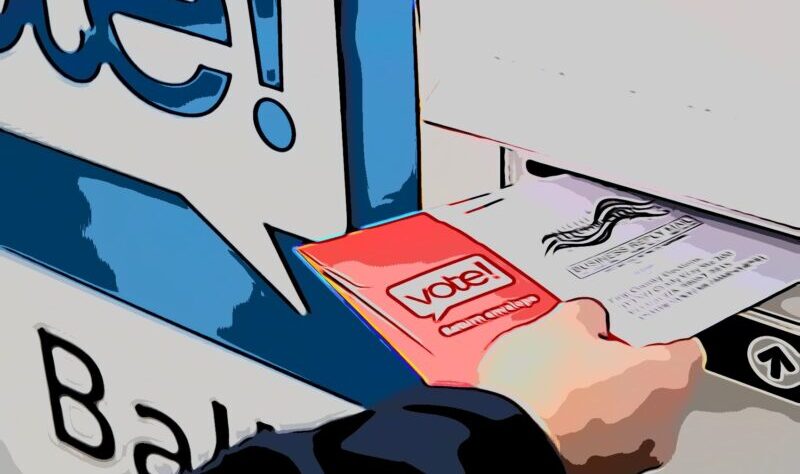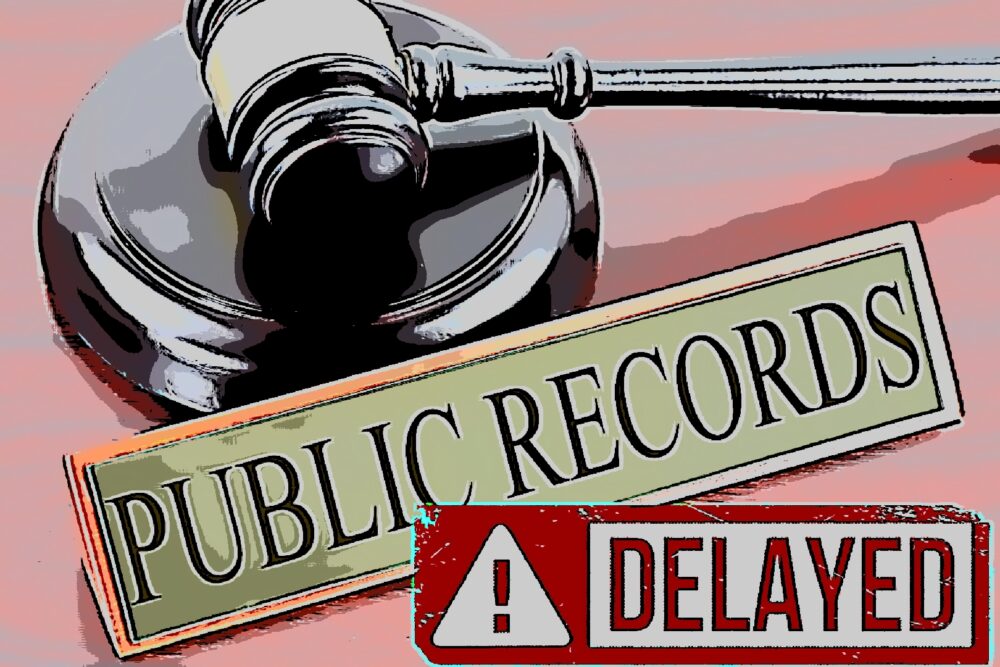In the 2015 White v Skagit legal decision ballots, ballot images, and any similar records were exempted from public records requests based on a perceived constitutional issue in regards to voter secrecy. In certain limited cases, public access to these records opens up the possibility of knowing how a limited number of individuals voted. For this reason the court determined that the public cannot have access to any of these types of records barring a court order based on an arguably flawed interpretation of the constitutional provision regarding ballots.
History Behind Voter Secrecy
According to University of Virginia’s Voting Viva Voce, voting originally took place as a public event. At the time no one seemed to have any issues with this. That changed, it seems, due to awareness that political operatives took advantage of this public display of voting. “Seeing or hearing the individual votes as they were given revealed the tide of [the] partisan battle. Political operatives [when necessary] could [then] figure out what might yet be done to alter that outcome in the remainder of the day.”
When viewed in its historical context it seems safe to say that the crafters of the voter secrecy provision in the Washington State Constitution in the late 1800s specifically intended it to limit manipulation of votes during an election. ARTICLE 6 SECTION 6 states, “All elections shall be by ballot. The legislature shall provide for such method of voting as will secure to every elector absolute secrecy in preparing and depositing his ballot.”
Why Voter Secrecy in Preparing and Depositing?
Notice the specific mention of voter secrecy in preparing and depositing of the ballot. The reason for the secrecy of preparing the ballot seems obvious. But the secrecy of depositing needs to be put in historical context to better understand its meaning. At one point in time in the evolving of the election process clearly marked party tickets were used.
Although more discreet than a voice vote, this still allowed for observers to know the party affiliation of the voter depositing the ticket. To prevent this identification a generic ballot for all voters was implemented without any markings of political affiliation. Hence the reason for the specific mention in the constitutional provision for secrecy in depositing of a ballot. This meant only generic ballots could be used so observers wouldn’t know the voter’s political affiliation when depositing their ballot.
White v Skagit
In White v Skagit, the court decision to restrict access to the records in question seems to be flawed, or at best unbalanced when looking into the history of the voter secrecy provision it hinges upon. Why in the provision the specific mention to secrecy of preparing and depositing the ballot? Obviously it wasn’t meant to be a blanket secrecy. Otherwise it would have read something like “…as will secure to every elector absolute ballot secrecy before, during and after an election.”
But as it reads it’s evident it was getting at something other than blanket secrecy. And based upon election history the most obvious reading was to curb manipulation of an election, which in the past was a one day event held publicly in a town square. By introducing generic ballots it made it harder for political operatives to track election progress during the day. Restricting public access to vote tallies to only after the end of an election curtailed their ability to know how much they needed to cheat during the election.
And without that knowledge they weren’t able to know to the same degree if and how much they needed to manipulate the remaining voters in order for their candidate to win in the end. In light of that understanding it seems quite a stretch to interpret the text in question to mean voter secrecy not only during an election, but even after the election has come to a close.
As argued above, the text doesn’t provide for a blanket secrecy. It simply refers to secrecy in regards to the specific aspects of preparing and depositing of a ballot in the voting process during an election. If the concern was to curb election manipulation, this wording does that. And arguably, that’s all it was meant to do. There’s really no justification in this provision for keeping the ballots off limits to the public after an election is over.
Voter Secrecy Observations
It seems justifiable to say that the grounds are insufficient at best for withholding the records in question from the public after an election is over. And when considering how withholding public access to ballots barring a court order puts the government in the driver’s seat, just the opposite of what is meant by government of, by, and for the people, for the most part it ends up preventing the public from having meaningful transparency in elections, and ultimately infringes on the public’s right to free and fair elections.
How can there be free and fair elections without a mechanism for accountability? And how can such a mechanism exist without meaningful transparency for the public? And what justifies protecting a “so called” constitutional right of blanket voter secrecy that can be argued isn’t even articulated in the constitution especially when holding to such a position is at the expense of meaningful transparency to the public?
Where should the priority lie, in an unarticulated interpretation of blanket voter secrecy, or in transparency for the public to ensure to them their clearly articulated right to free and fair elections? That’s clearly what’s at issue here.




